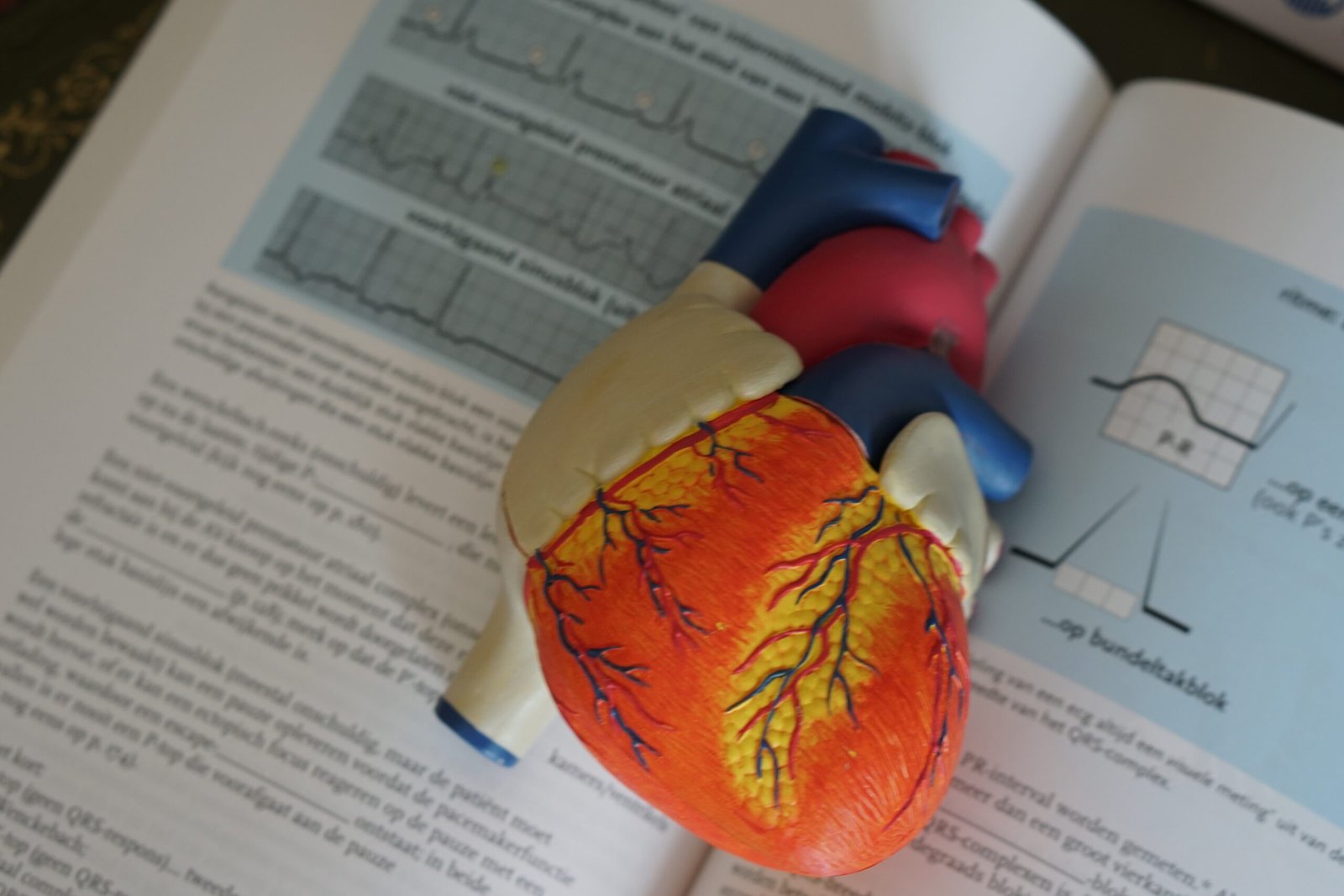Heart health is a topic of great importance, as cardiovascular diseases continue to be a leading cause of death worldwide. As a cardiologist, I have witnessed firsthand the devastating impact of heart diseases on individuals and their loved ones. In this article, I will share some life-changing tips to help you improve your heart health and reduce the risk of cardiovascular diseases.
The Importance of Regular Exercise
Regular exercise plays a crucial role in maintaining a healthy heart. Engaging in physical activities such as walking, jogging, swimming, or cycling can help strengthen your heart muscle, lower blood pressure, and improve cholesterol levels. Aim for at least 150 minutes of moderate-intensity exercise per week, or 75 minutes of vigorous exercise.
Additionally, incorporating strength training exercises into your routine can help build muscle and improve overall cardiovascular fitness. Remember to consult with your healthcare provider before starting any new exercise program, especially if you have pre-existing heart conditions.
Furthermore, finding activities that you enjoy and can stick to long-term is essential for maintaining an active lifestyle. Consider joining a group exercise class, playing a sport, or exploring outdoor activities to make exercise more enjoyable.
Lastly, don’t forget to listen to your body. If you experience chest pain, dizziness, or shortness of breath during exercise, stop immediately and seek medical attention.
A Heart-Healthy Diet
What you eat has a significant impact on your heart health. A heart-healthy diet should include a variety of fruits, vegetables, whole grains, lean proteins, and healthy fats. Here are some tips to help you make healthier food choices:
1. Increase your intake of fruits and vegetables: Aim for at least five servings of fruits and vegetables each day. They are rich in vitamins, minerals, and antioxidants that can help protect your heart.
2. Choose whole grains: Opt for whole grain bread, pasta, and cereals instead of refined grains. Whole grains contain fiber, which can help lower cholesterol levels.
3. Limit saturated and trans fats: Reduce your intake of foods high in saturated and trans fats, such as red meat, full-fat dairy products, and fried foods. Instead, choose sources of healthy fats like avocados, nuts, and olive oil.
4. Reduce sodium intake: Too much sodium can raise blood pressure. Limit your consumption of processed foods, canned soups, and fast food, which are often high in sodium. Instead, season your meals with herbs and spices.
5. Control portion sizes: Be mindful of your portion sizes to avoid overeating. Use smaller plates and bowls to help control your portions.
6. Stay hydrated: Drink plenty of water throughout the day. Limit your intake of sugary beverages, as they can contribute to weight gain and increase the risk of heart diseases.
Remember, making small changes to your diet can have a significant impact on your heart health over time.
Stress Management
Chronic stress can take a toll on your heart health. Finding effective ways to manage stress is crucial for maintaining a healthy heart. Here are some strategies that can help:
1. Practice relaxation techniques: Engage in activities like deep breathing exercises, meditation, or yoga to help reduce stress levels.
2. Stay connected: Maintain strong relationships with family and friends. Social support can help alleviate stress and improve overall well-being.
3. Get enough sleep: Aim for 7-9 hours of quality sleep each night. Lack of sleep can contribute to increased stress levels and raise the risk of heart diseases.
4. Engage in hobbies: Find activities that bring you joy and help you relax. Whether it’s painting, gardening, or playing a musical instrument, make time for activities that help you unwind.
5. Seek professional help if needed: If you’re struggling with chronic stress, don’t hesitate to reach out to a mental health professional who can provide guidance and support.
Regular Health Check-ups
Regular health check-ups are essential for early detection and prevention of heart diseases. Schedule regular visits with your healthcare provider to monitor your blood pressure, cholesterol levels, and overall heart health. They can also provide guidance on lifestyle modifications and recommend appropriate screenings based on your age, gender, and family history.
Additionally, if you experience any symptoms such as chest pain, shortness of breath, or palpitations, seek medical attention promptly. Early intervention can make a significant difference in the outcome of heart-related conditions.
Conclusion
By incorporating these life-changing tips into your daily routine, you can take control of your heart health and reduce the risk of cardiovascular diseases. Remember, small changes can lead to significant improvements over time. Prioritize regular exercise, follow a heart-healthy diet, manage stress effectively, and stay proactive about your overall health. Your heart will thank you for it!
Disclaimer: The information provided in this article is for educational purposes only and should not be considered as medical advice. Always consult with a healthcare professional before making any changes to your diet or exercise routine.


